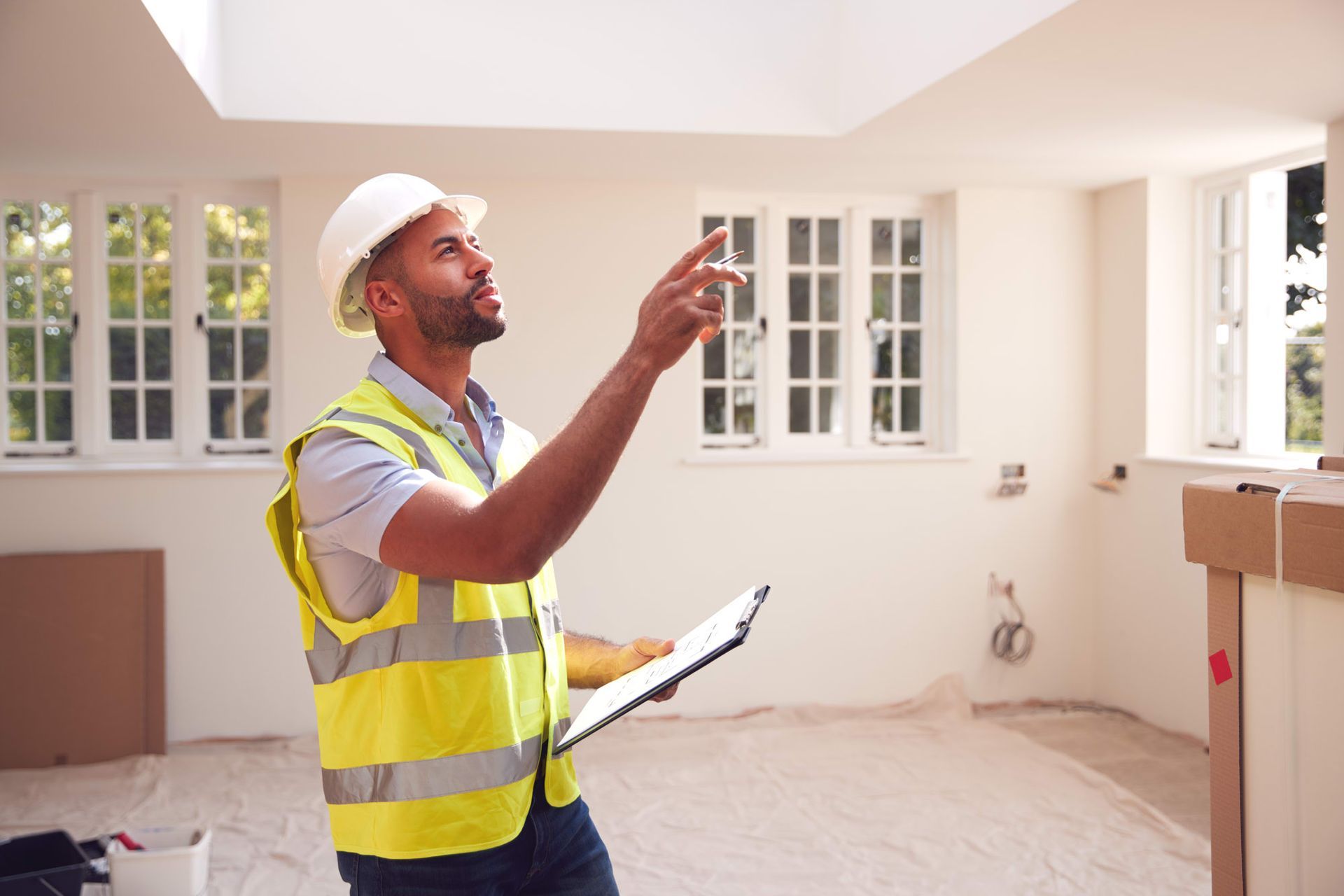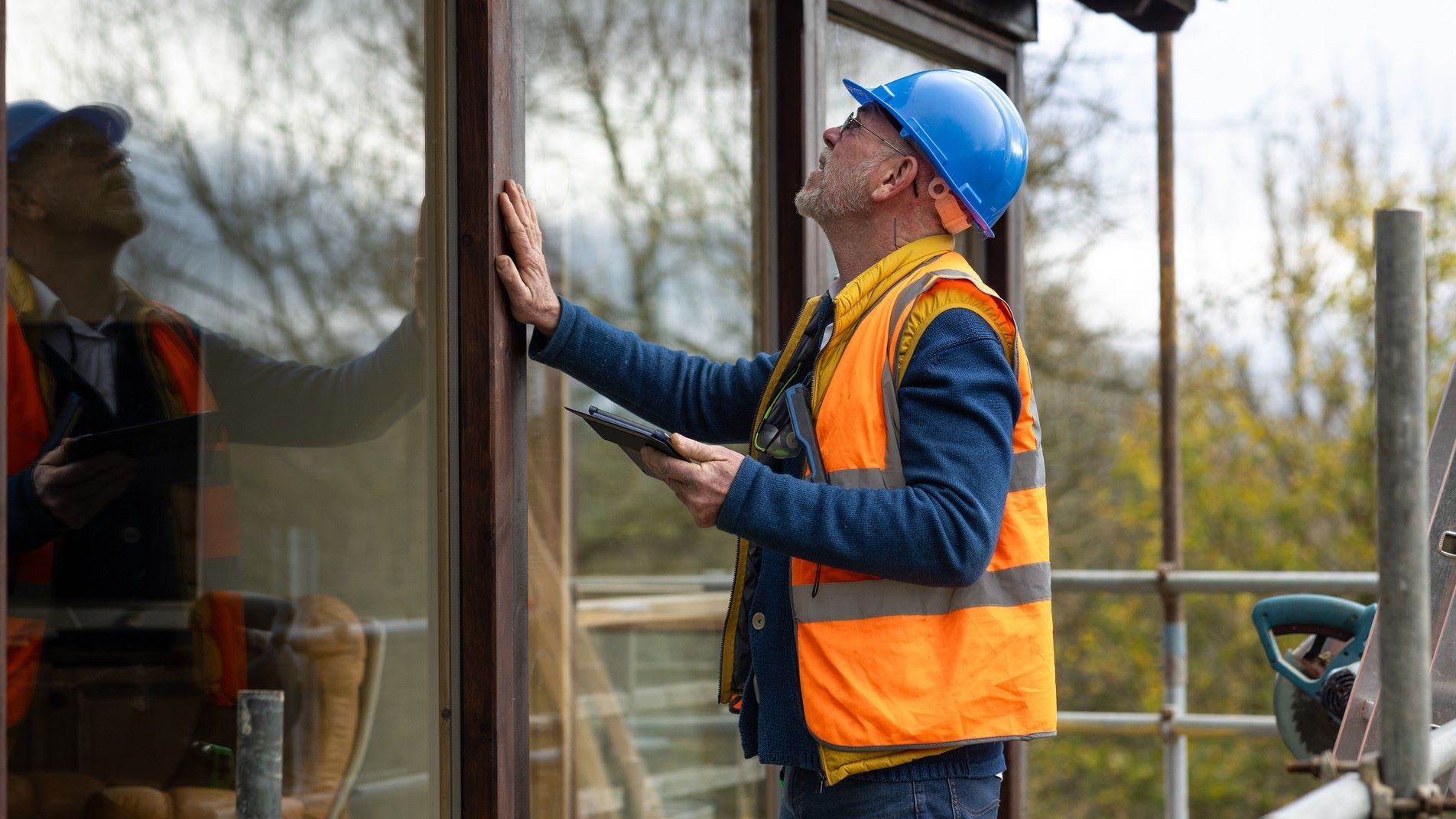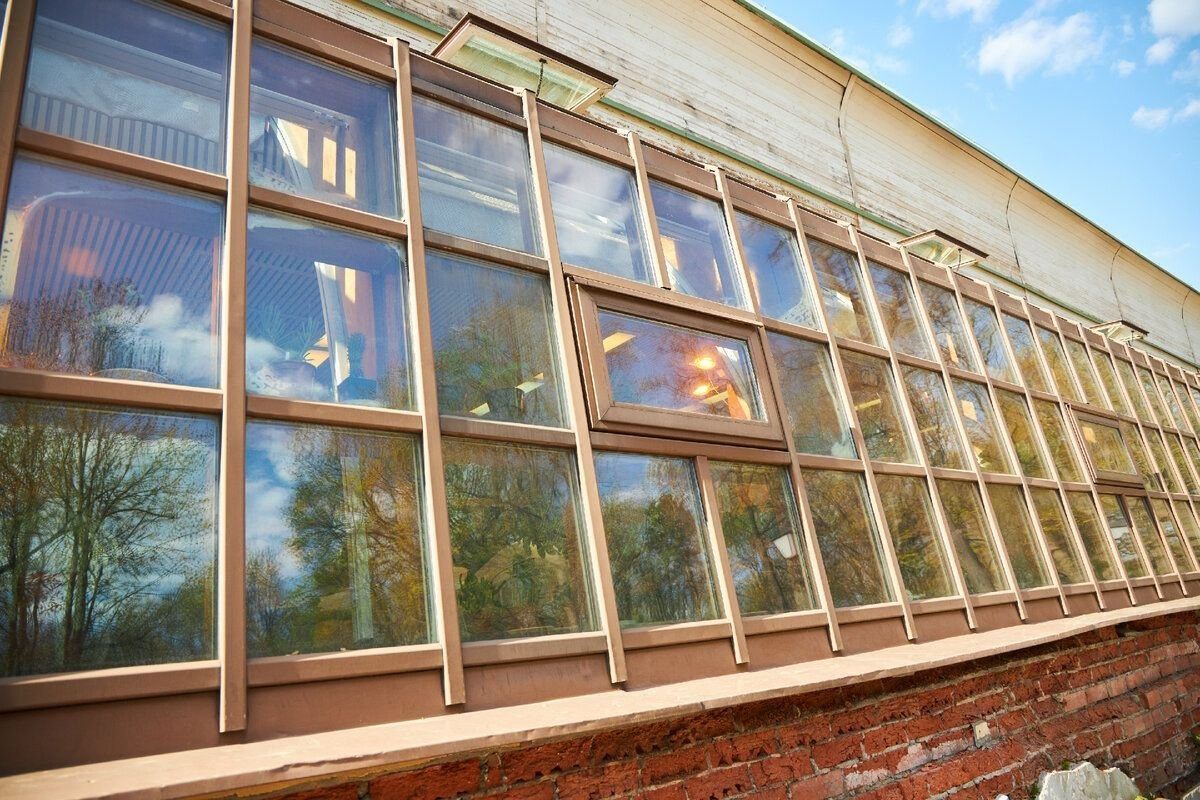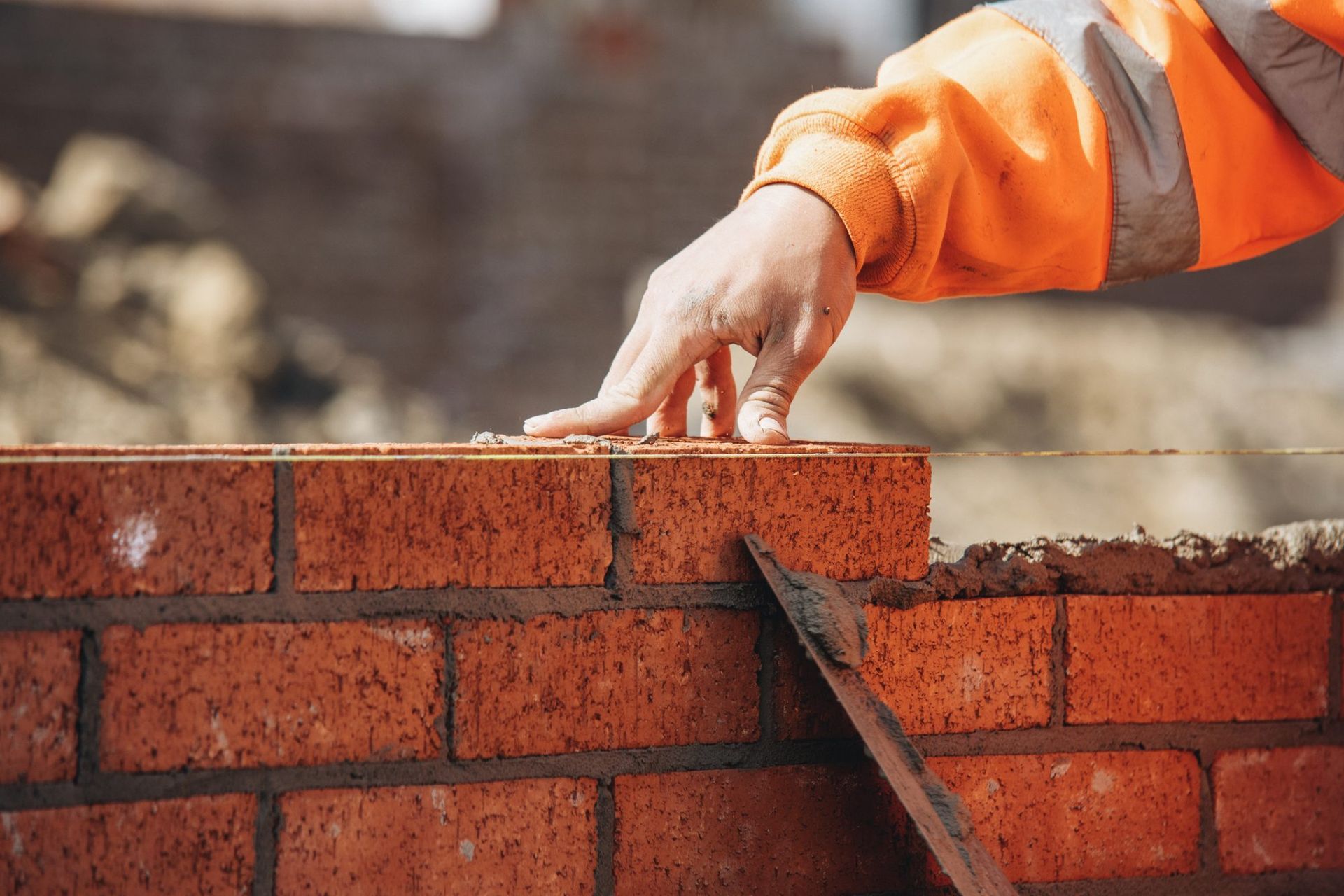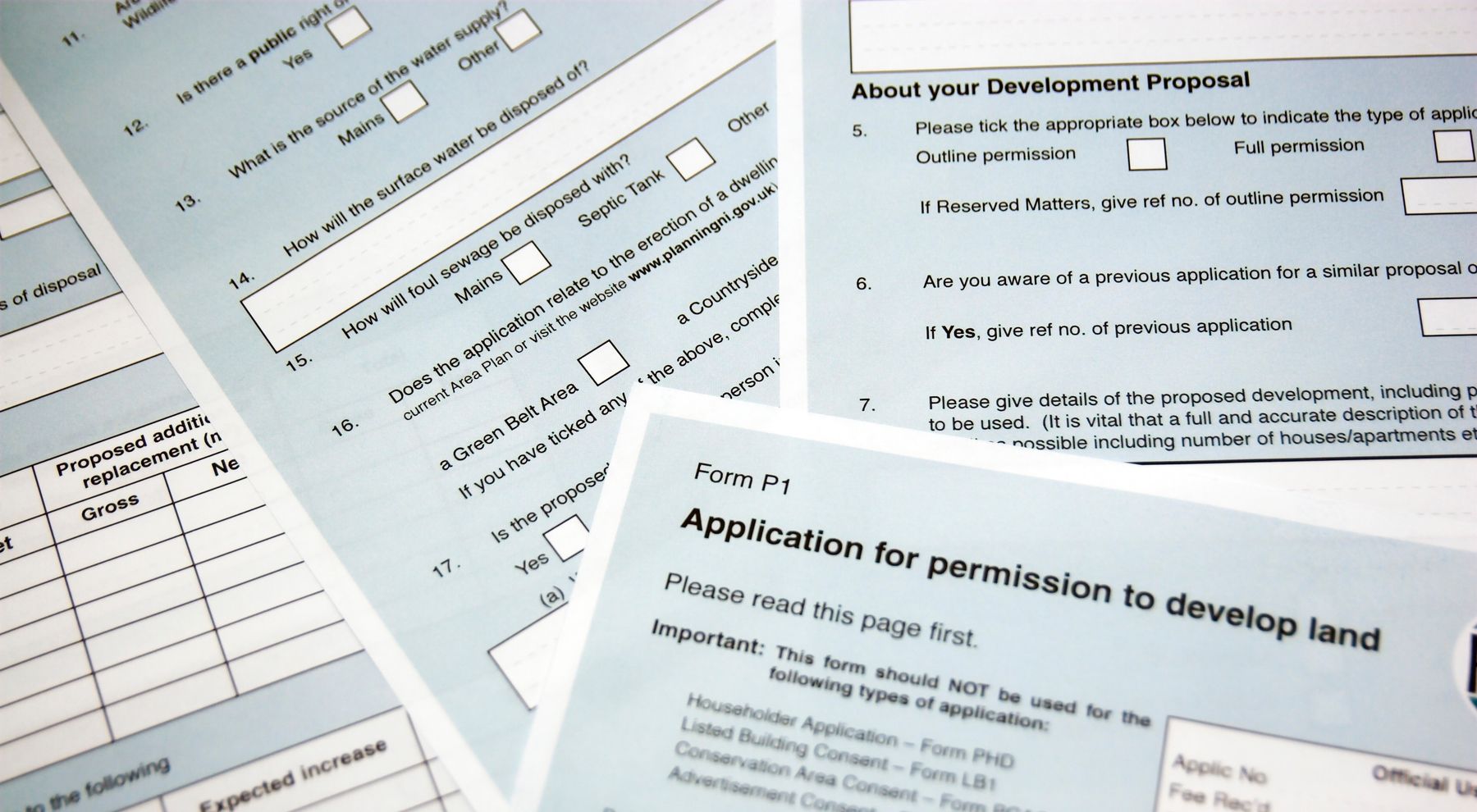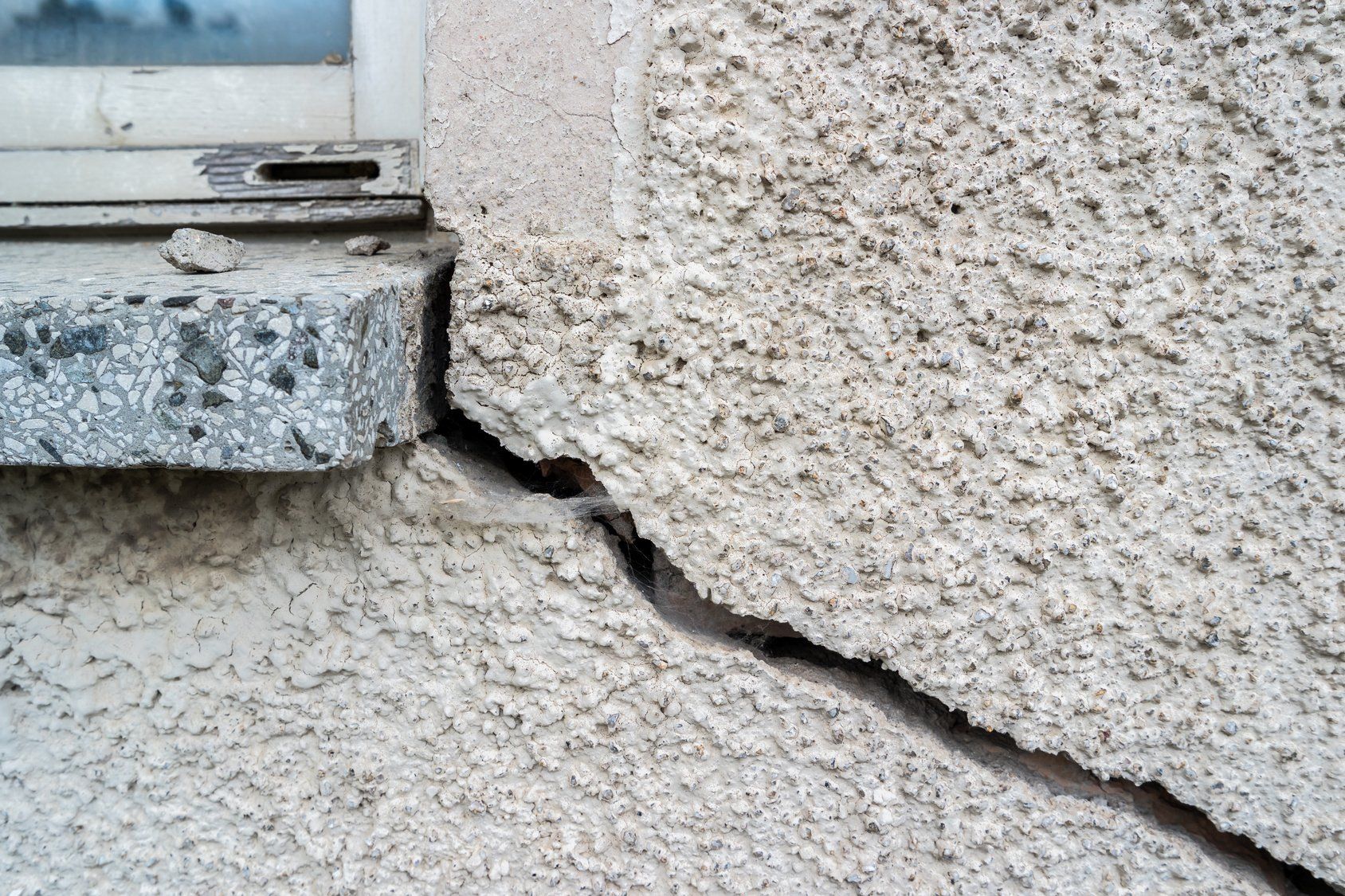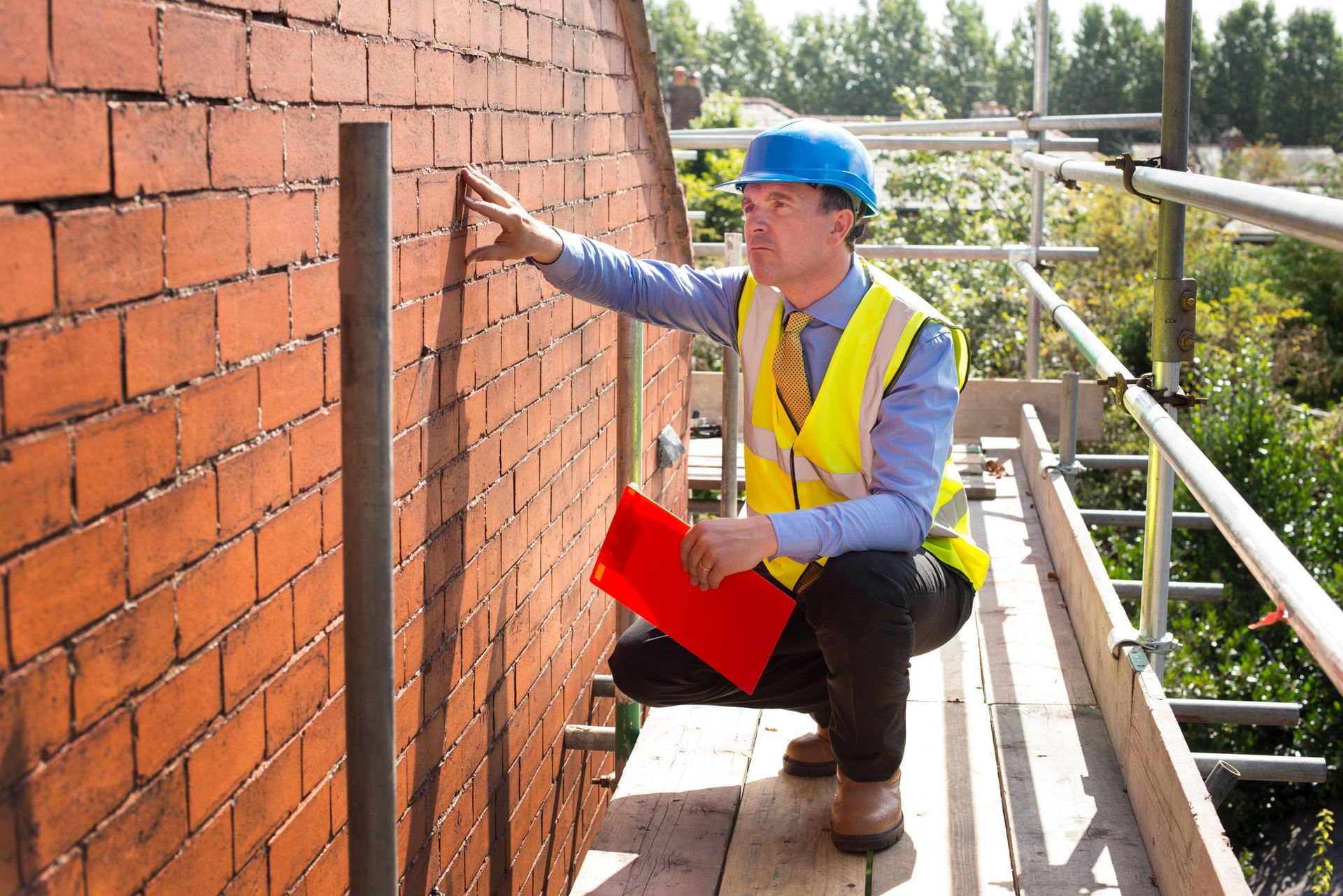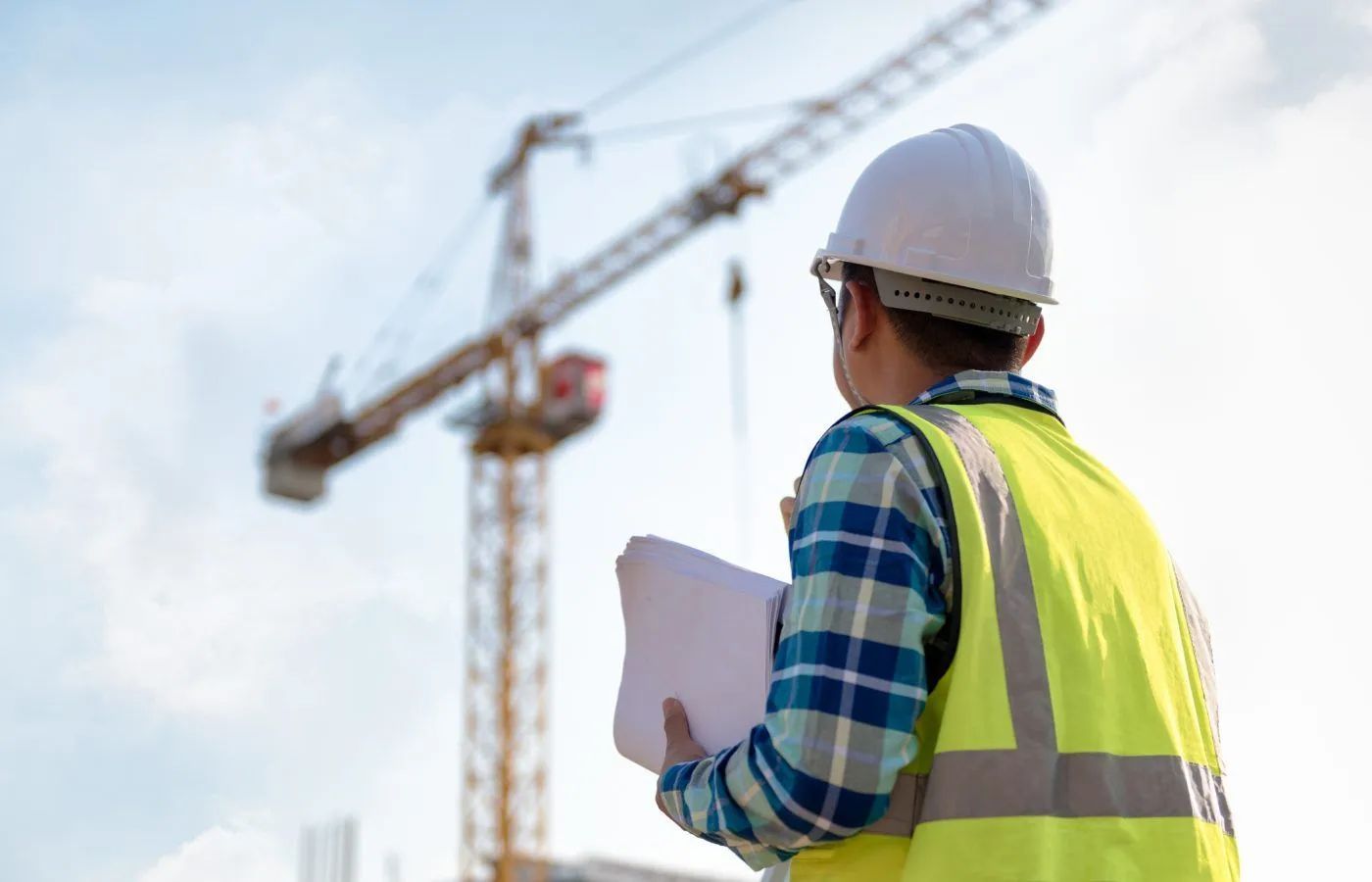What to Expect from a Building Survey
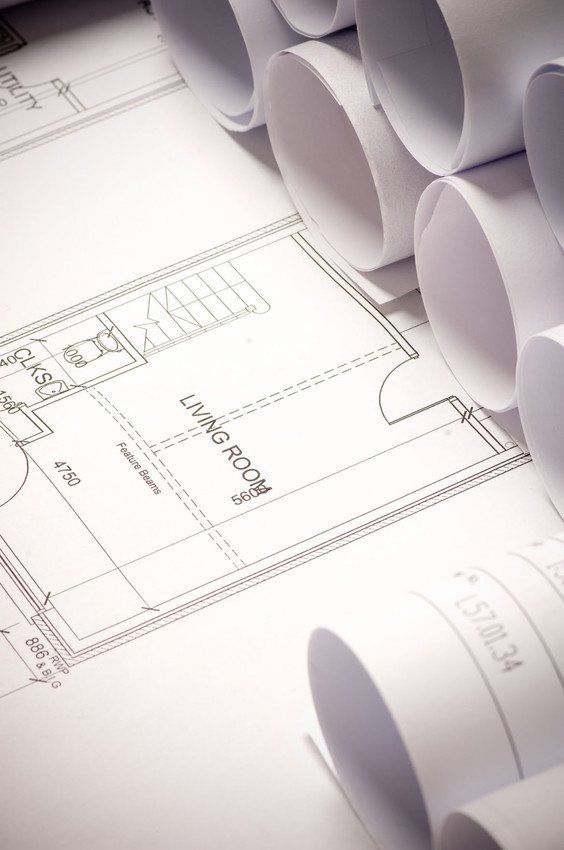
Are you about to buy a property? If so, you will need to do a survey to ensure that the property is up to standard and to prevent being surprised with flaws in the future. Buying a new home isn’t always as wonderful as it sounds. If you don’t do a thorough inspection first you could miss potential problems that will come back to haunt you later and these problems can be expensive to fix and may not be worth the cost.
Here’s what to expect from building survey and how why they are important.
What is a Building Survey?
A building survey is essentially an inspection of the property to find any flaws that you should know about before purchasing. There are actually two types of property surveys, the building survey and the structural survey.
Building vs. Structural Survey
A building survey is a simpler report than the structural option. The building survey is performed by an RICS building surveyor and will involve checking all accessible areas of the property. This is all written up in a report, which is bespoke to your needs. It will cover defects and possible maintenance issues with as many details as necessary.
The structural survey is performed by a structural engineer who will check the actual integrity of the building and the surrounding property. Again, they will write up a report.
In general, older buildings or buildings that are unusual should be given a structural survey while more modern options are ideal for the standard building report. If you’re planning to do extensive renovations, you’ll also need to have a structural survey.
The building survey is a visual inspection and doesn’t include deeper investigations, such as looking under floorboards or in attics and basements. These are things that a structural engineer will check into if necessary, to find all the flaws possible.
When Should You Get a Building Survey?
A building survey is something that you’ll want if you are purchasing a fairly new home and one that will not require renovations. The inspector will look at the building and the property, along with any outbuildings and you can expect them to note any potential flaws that need fixing.
It takes several hours, depending on the size of the home and the property, to determine the potential issues of the property.
First, the surveyor will look at the nearby areas, including other houses and how far they are from the home you are buying. Outbuildings and roads or any other features will also be marked down for future information.
The next step is to examine the home. This will be looked at carefully from top to bottom, noting any cracks, pests, or other issues that will need to be fixed in the near future. The pointing will be checked and dampness assessed if the pointing is incorrectly done or is failing. Any flaws that are notable will be marked down and the surveyor may even suggest a cost for repairing these. The garden is also included in the inspection and will involve checking the drainage and looking at the trees nearby. If there are large trees, these could be a danger in a storm. You’ll need to check for Tree Preservation Orders before purchasing the property.
Other things that are examined include the HVAC system to see how old it is and whether it will require replacing in the near future. The electrical panel will also be checked and you may be told that it needs to be replaced, as well. The surveyor will watch for signs of any pests like termites or rats. You may be referred to a specialist to get a better report on these issues since the problems caused by them can be extensive and often hidden.
Doors and windows, as the entrances to the home, will be checked for cracks, damp entering through gaps, and keys that are missing from the locks. These can all indicate future problems, particularly in an older home. Finally, the plumbing will be looked at and tested. This is a preliminary report, but if you want a more detailed check you may need to look at hiring a plumber or getting a structural survey.
What is Involved in a Structural Survey?
A structural survey is far more detailed than a standard building survey. The structural engineer will be focused on going below the outside appearances. The surveyor will take a good look at the property and note drainage patterns, signs of waterlogging or sewage problems.
The surveyor will also inspect everything, even inside closets, behind furniture, up in the attic and down in the basement. By the end of the survey, you will have a report that covers everything they found. Some of the more common issues to deal with include:
Rot: Wooden homes can rot and this will require replacing wooden beams or floorboards that have rotted away due to damp. This is very common in homes that have not been inhabited recently and this may result in some extensive repairs.
Woodworm or Termites: These pests can absolutely destroy a home and it’s best to have a very in-depth look at how far they’ve spread before you purchase. If they are already through the wood, they may have jeopardised the integrity of your home and eaten through beams, etc.
Wood eating pests can put your entire purchase at risk, so it is essential that you spend time checking to see how extensive the damage is. You may wish to call in an exterminator to give you an estimate on the damage and how much it would cost to fix it.
Stonework and Brickwork: If your potential home has any type of masonry, it should be inspected for stability. Over the years, the joints may become loose and stones can also fall out. The stability of the entire thing is often dependent on the cap stones that are placed atop the walls to press them down and hold the walls in place.
Hiring an expert stone mason is costly, so it’s worth looking at how extensive the rebuild will be before you purchase the property. Repointing and replacing bricks or stones can be quite the procedure.
Roof: You should know exactly how much work the roof is going to need. This can be determined by examining rot and wet spots from the inside of the attic but looking at missing shingles and such will also give you a clear idea of how much damage has been done. A full roof inspection is a good idea if there is any sign of water entering the attic.
The gutters should also be examined to see if they need replacing and if they are doing their job. The surveyor will look at where the gutters drain and ensure that it isn’t too close to the foundation.
Windows: Most windows in older homes are single pane or glazed and this can be an issue. It allows the heat and cold to pass through and may not be suitable for the climate in the area. There may also be condensation that is causing dampness around the windows. In these cases, the windows will likely need to be replaced.
Mould: Where there is damp, there’s often mould. Whether you have rot or not, you’ll frequently find unpleasant smells from damp areas and these are likely to hold fungus and mould that could result in health problems if not taken care of. The worry is that mould may be inside the walls and the HVAC system, which means it will be very difficult to get out.
Chimneys: Another area where damp can get in, chimneys will be thoroughly examined to ensure they are still functional and not in danger of falling down. If the cap or the flue no longer works, this would allow rain to make its way into the chimney and it could be yet another area the damp comes in.
Health Risks: Asbestos, mould, and lead are just a few of the things that could be lurking in an older home. Your surveyor will do their best to determine if any of these issues is a problem that you need to deal with. If there are problems that severe, you may elect to cancel the purchase, since it can be an insane amount of work to get rid of the health issues.
Are you purchasing a home? Do you need a structural engineer to take a look at it all and walk you through the potential issues and changes? Contact Simon Levy today to get a quote.
